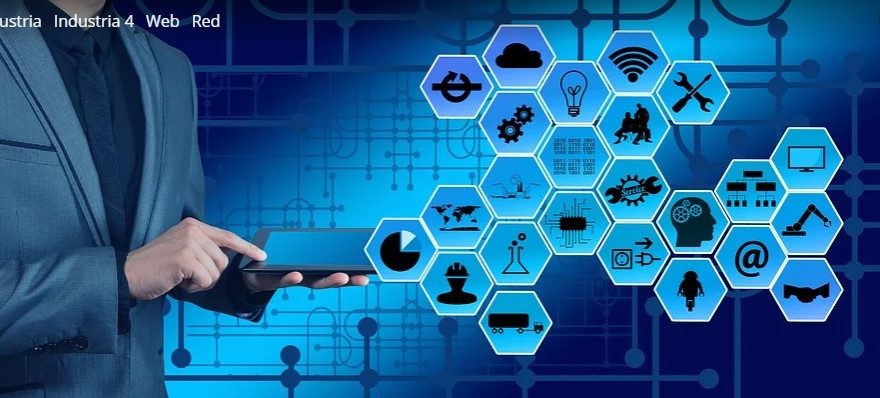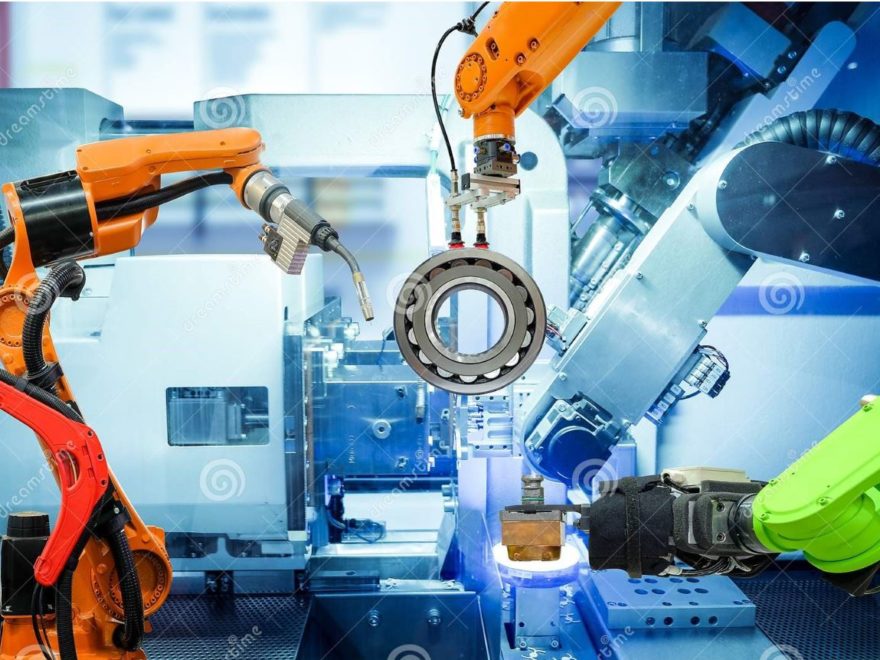Second (and last) article in the series on the alternatives that industrial SMEs have in front of difficulties that threaten their continuity. After an analysis of the situation in the first of them, this one deals with potential solutions that can be arbitrated in light of the conclusions of the first part.
As always, I have tried to do it from a positive point of view of the situation. I am aware that several of the solutions do not exactly enjoy a great reputation or press, but it is no less true that in many cases it is because they are taken improperly, either in time or in form.
What I mean by what is indicated in the previous paragraph is that the same solution, adopted when there is no other remedy left, can lead the SME to an undesirable end, when taken before and with due foresight, the result will surely be completely different.
In short, I believe that what this article exposes may well lead to a deep reflection on these alternatives, and above all, it should be a lever for a paradigm shift. The solutions will not come from outside, in the form of aid. If they come, they will logically be limited in time and quantity. The real solutions must come from an appropriate internal management of the company in the current situation.
Continue reading









